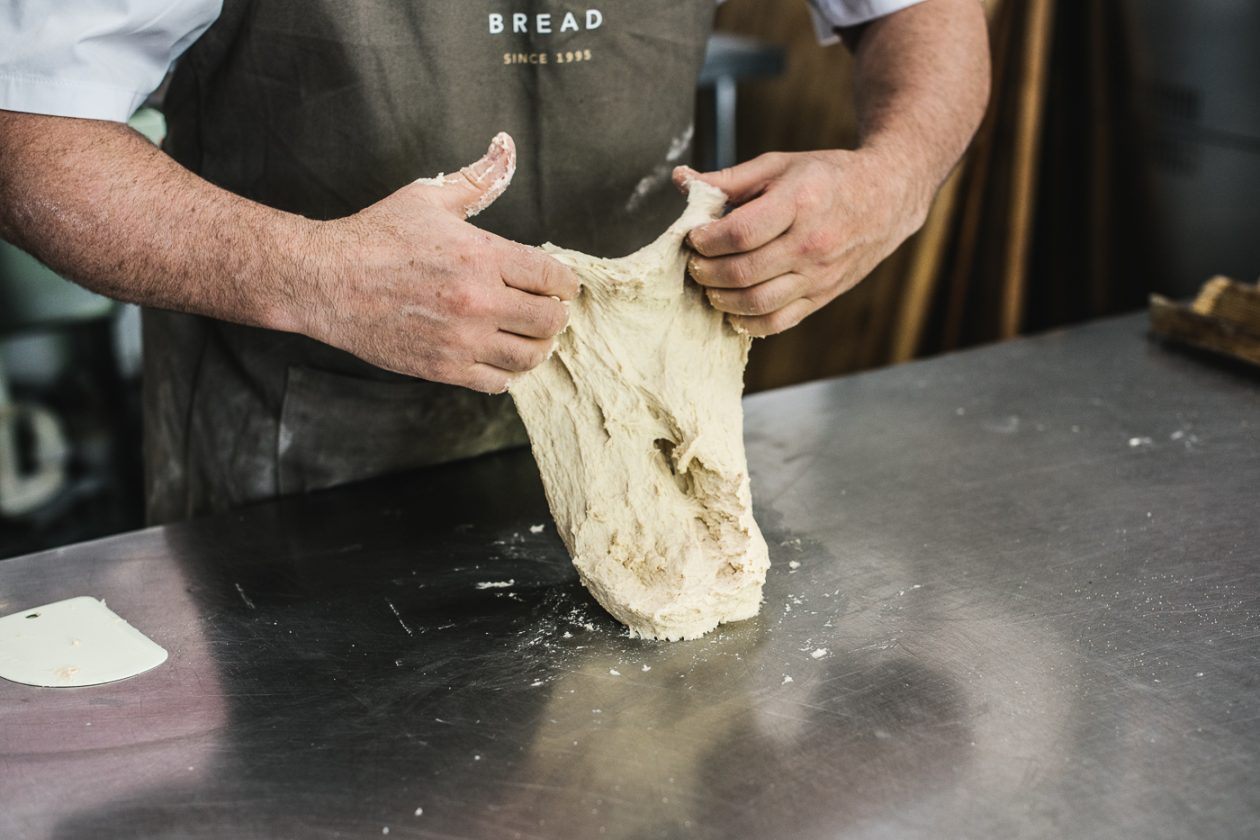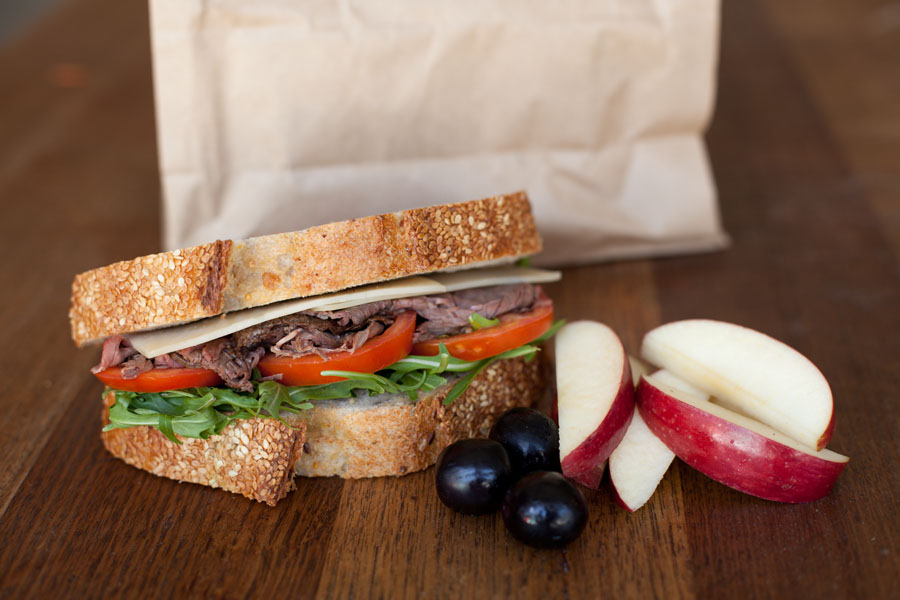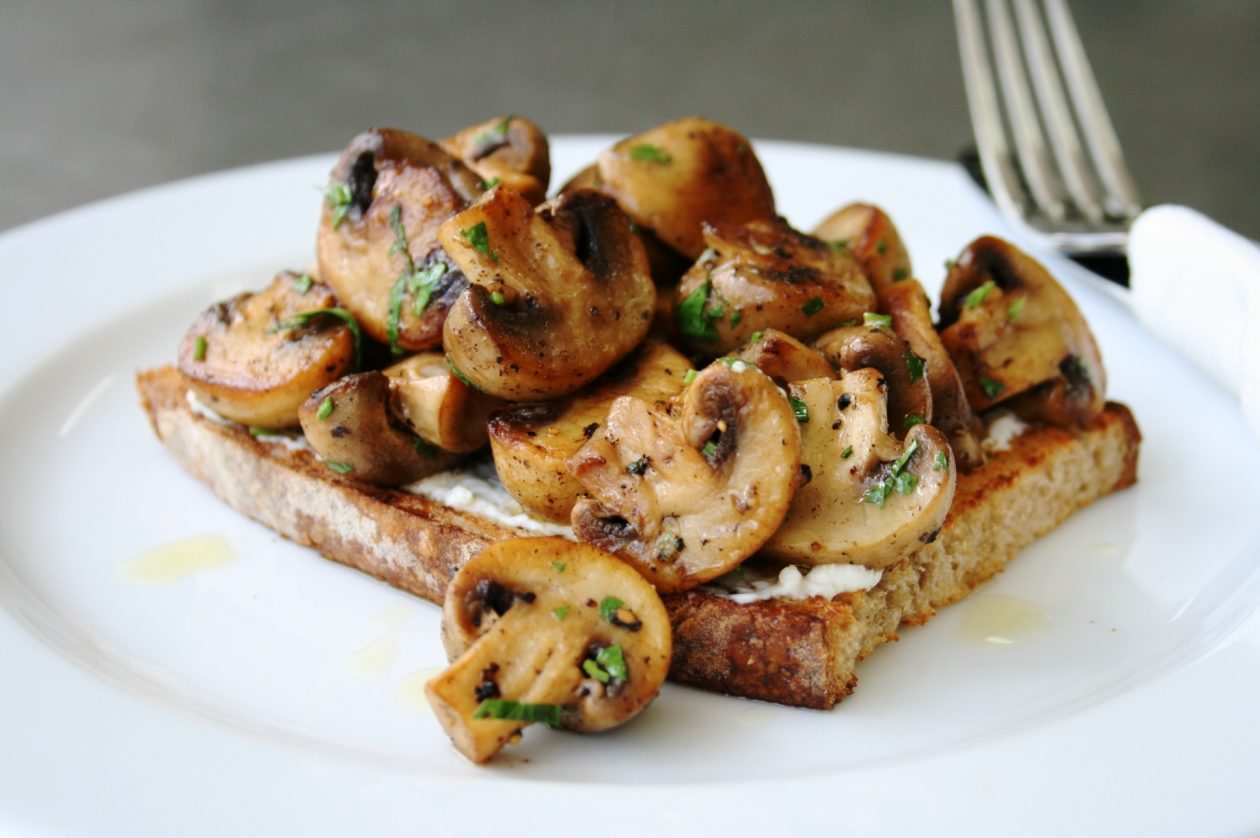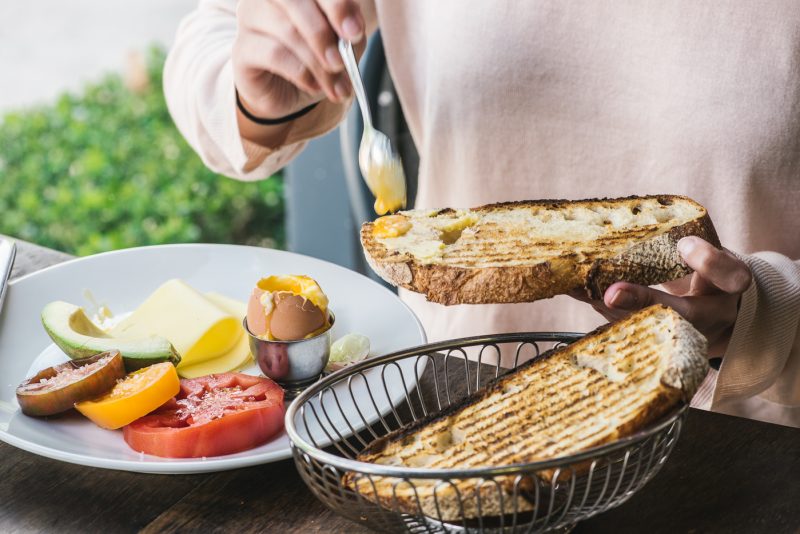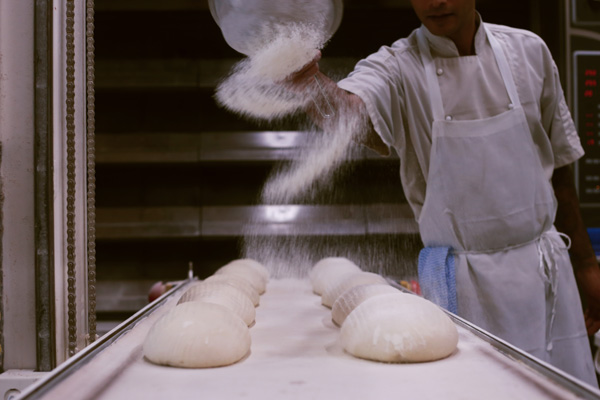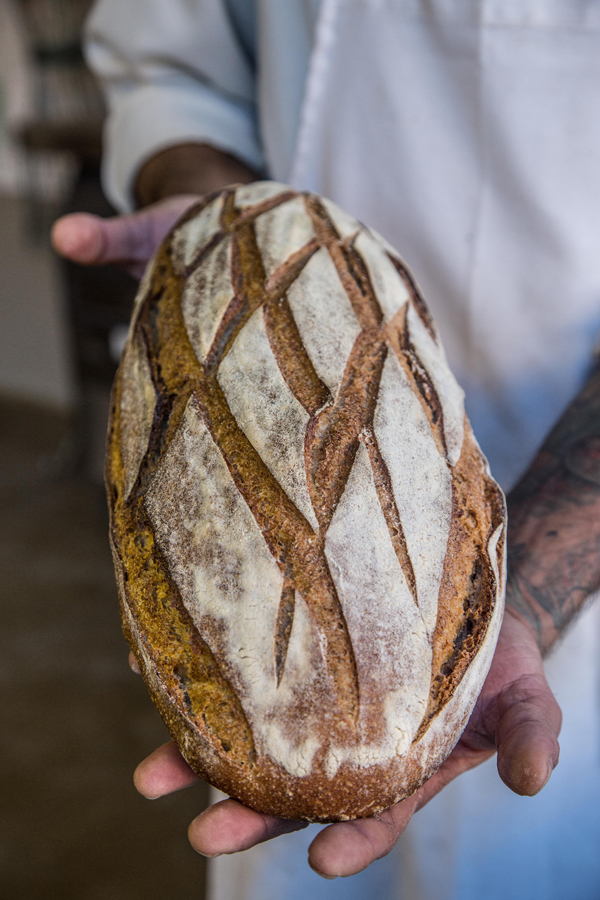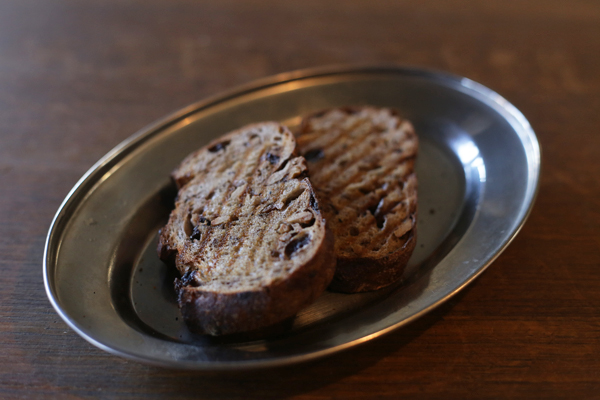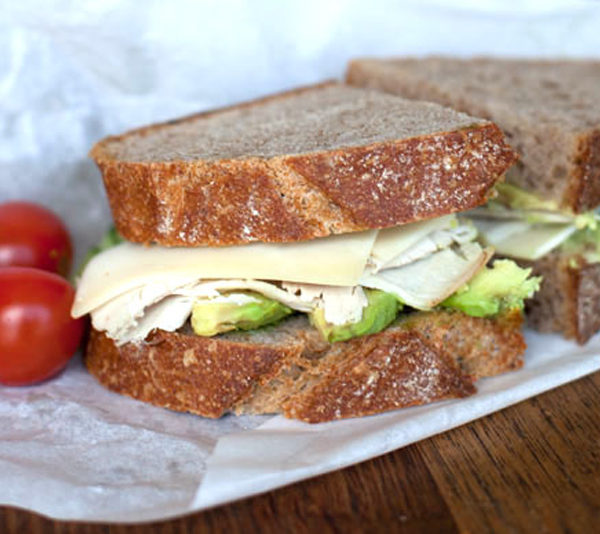Choose sourdough and leave your body and soul feeling good
When choosing household bread people often neglect to consider the nutritional benefits. We get it; it can be overwhelming trawling the aisles and trying to make the best choice. So why would you grab the sourdough? It’s not only a big player when it comes to physical wellbeing but also comes with other perks. Here we’ve outlined ten reasons to choose sourdough that will leave your body and your soul feeling good.
1. QUALITY
We seek out the finest ingredients for our sourdough bread. As a process refined over time, our traditional artisan baking techniques deliver the highest quality sourdough each and every time.
2. FLAVOUR
The lactic and acetic acids released during the proving and fermentation process of baking sourdough help in building superior flavour in the final loaf. We choose a long fermentation to ensure a unique, memorable flavour.
We also add sprouted wheat and ancient grains in some of our products to improve flavour and nutrition.
3.NUTRITION
The process of fermentation has been proven to be beneficial for good gut health.
The long fermentation process of making sourdough releases nutrients like iron, zinc, magnesium, antioxidants, folic acid and other B vitamins. The natural way this occurs allows our bodies to process them more easily.
Read more about this on The Guardian.
4. Gluten-FreeNDLY
Gluten is a simple protein found in grain cereals such as wheat, barley, rye and spelt.
The long fermentation process also breaks down gluten, so those who report sensitivity to commercial bread will find that eating sourdough is a much more pleasurable experience.
Gluten is not: inherently evil. There is also little evidence to support the assertion that eliminating wheat from your diet completely will lead to greater health outcomes.
5. IT’S LOW GI
Sourdough is known for its low Glycaemic Index (GI). By supplementing sourdough into your meals you’ll feel fuller for longer.
6. Local Support
Artisan sourdough can’t be mass produced – when choosing real sourdough you’re supporting local communities and bakeries.
Buying real sourdough from artisan bakeries allows you to know where your bread comes from. At Brasserie Bread we believe in tracing the wheat in our bread back to the source to bake single origin sourdough. Learn more about our Single Origin bread here.
7. PURITY
Our natural fermentation process means no additives or preservatives go into our bread and your body. All we need is flour, water, salt and our 21-year-old starter!
8. TEXTURE
A crunchy crust and an open crumb structure are distinctive textures of a great sourdough loaf. The proving and fermentation process involved in making sourdough characterises each loaf with a unique texture both inside and out.
9. VERSATILITY
Sourdough doesn’t always have to be a traditional white bread. Different grains and wheat varieties can give sourdough new flavours and textures like our ever-popular quinoa & soya loaf. Sourdough is also a versatile and easy addition to many everyday meals – a simple way to reinvent what you’re already eating, whether it’s a toastie, croutons for soup, or breakfast toast!
[1] Gibson, P. (2017). Non-Coeliac gluten sensitivity. Journal of Gastroenterology and Hapatology, pp.86-89.
